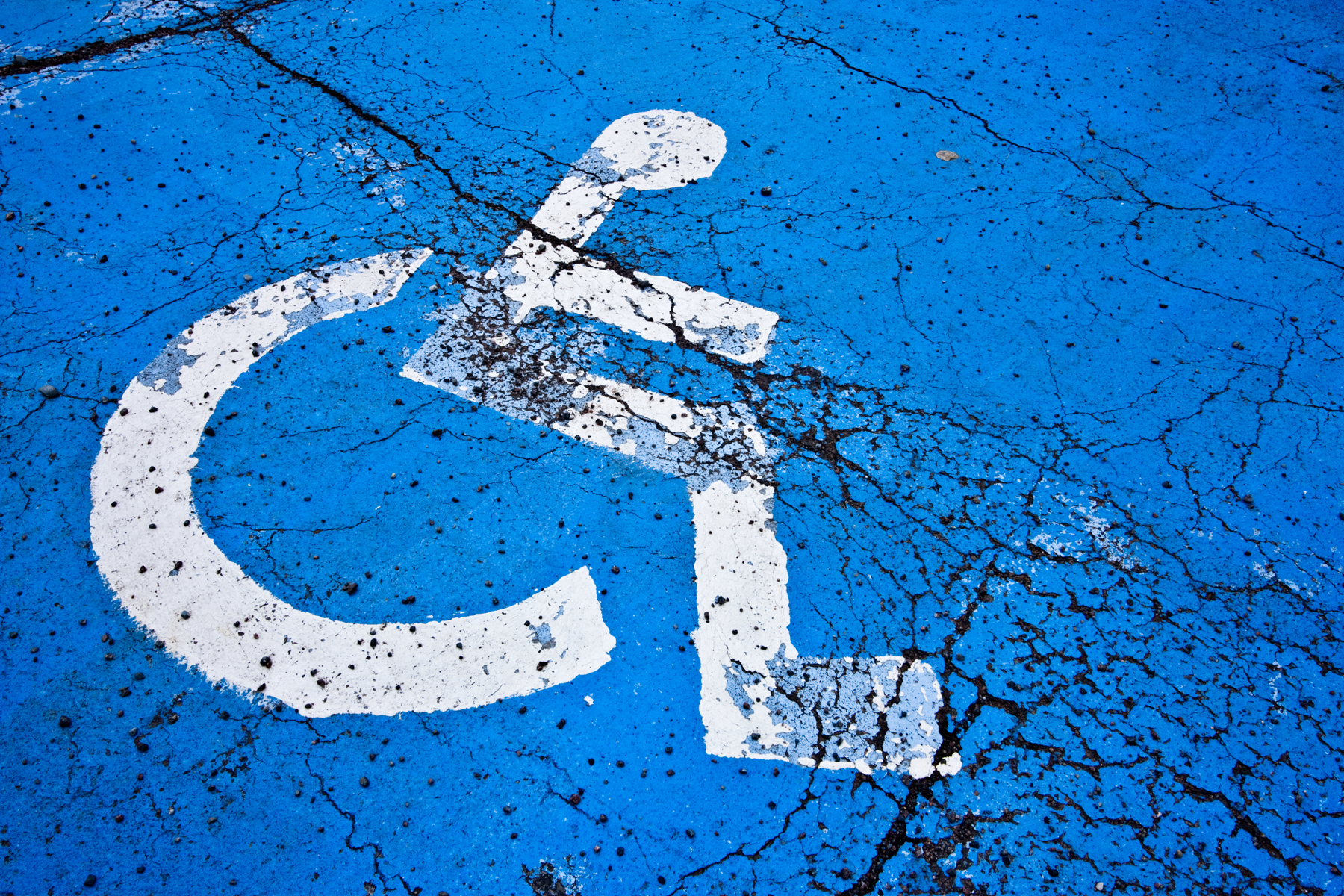
FRIDAY, July 9 (HealthDay News) — Being unlucky in love stimulates areas of the brain that play a role in motivation, reward and addiction — something that may help explain why the anguish of romantic rejection can be difficult to control, says a new study.
The findings may improve understanding of the most extreme behaviors associated with rejection, such as stalking, murder and suicide, said the researchers from Rutgers University in N.J., and Yeshiva University, Stony Brook University and the State University of New York in New York.
They used functional MRI to observe brain activity in 15 heterosexual college-age men and women who had recently been rejected by a romantic partner but said they were still intensely in love with that person.
The average length of time since the rejection and enrollment in the study was 63 days, the participants scored high on a psychological evaluation called the Passionate Love Scale, and all reported that they spent more than 85 percent of their time thinking about their former partner and yearning for his or her return.
When the participants looked at a photo of their former partners, there was much greater activity in several areas of the brain than when they looked at a photo of a familiar “neutral” person, such as a roommate’s friend. The increased activity was seen in:
- the ventral tegmental area of the mid-brain, which controls motivation and reward and is known to play a role in romantic love
- the nucleus accumbens and orbitofrontal/prefrontal cortex, which are involved in craving and addiction
- the insular cortex and anterior cingulate, which play a role in physical pain and distress.
There was hope for the broken-hearted, however. The researchers found that the longer the time since a romantic rejection, the less activity there was in an area of the brain involved in attachment (the right ventral putamen/pallidum).
In addition, there was activation in areas of the brain that play a role in reappraising difficult emotional situations and assessing gains and losses. This suggests that people who experienced romantic rejection were trying to understand and learn from this difficult situation, which would be an adaptive response to rejection, the researchers said.
In a news release from the American Psychological Association, which published the study in the July issue of the Journal of Neurophysiology, the researchers suggested that “the passion of ‘romantic love’ is a goal-oriented motivation state rather than a specific emotion.”
The results are “consistent with the hypothesis that romantic rejection is a specific form of addiction,” they added, and may help explain why letting go of a loved one is so difficult.
More information
The American Psychological Association has more on youth and love relationships.

